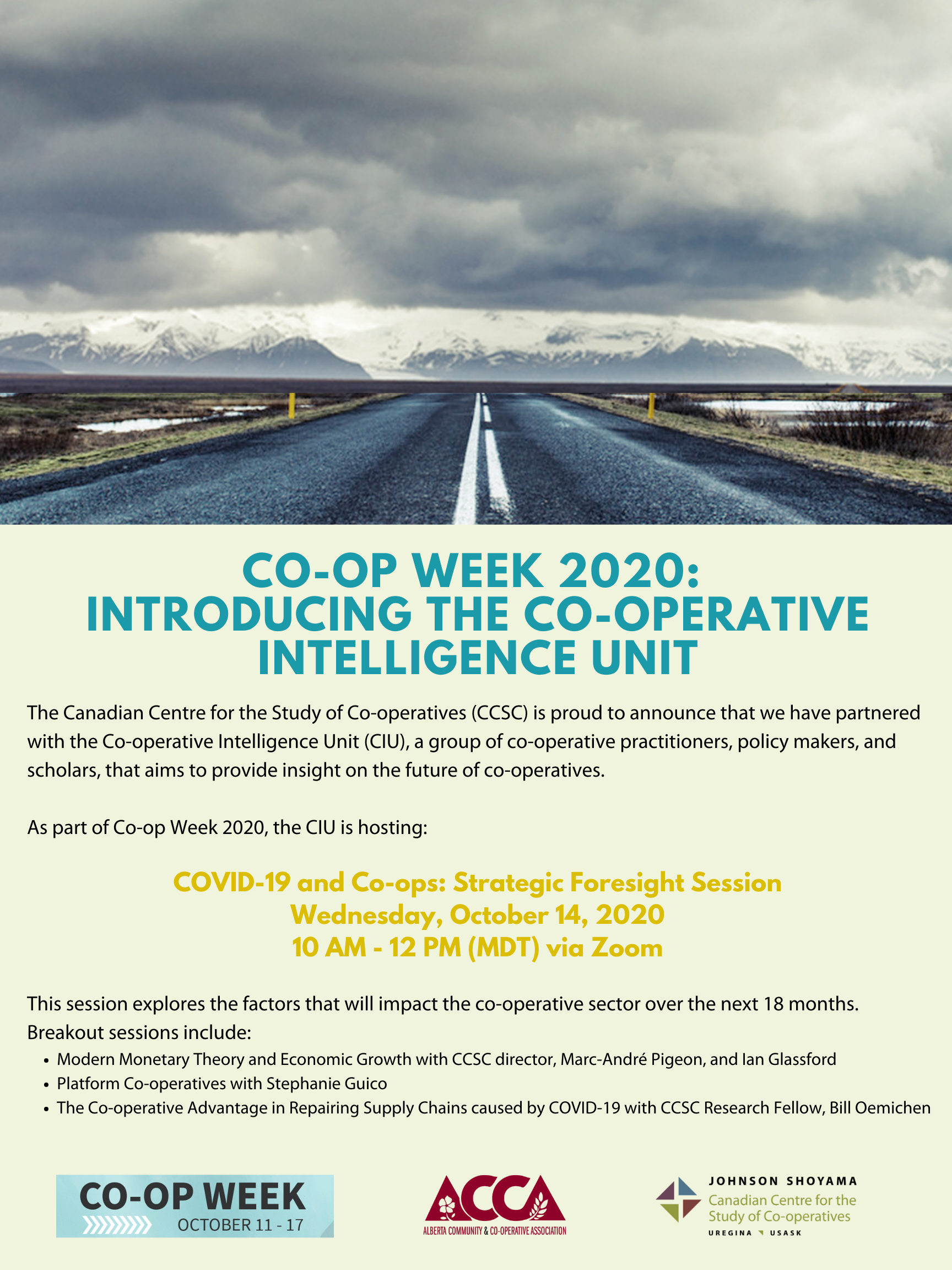The Sixth Annual MacPherson Talk
Beyond Co-operation: The Power of Business as a Force for Good
Co-operatives are guided by their principles and values to balance purpose and profits, while serving their members and communities. Our future requires significant action on climate resilience, meaningful engagement in reconciliation, eliminating racism and discrimination, and ending poverty and homelessness. Will the co-operative principles achieve those outcomes, or do co-operatives need to do more? Using Assiniboine Credit Union as an example, Brendan’s talk looks at how the Benefit Corporation (B Corp) designation can strengthen co-operatives and advance a vision of a sustainable future of belonging and dignity for all.
Presented by: Brendan Reimer Strategic Partner of Valuebased Banking, Assiniboine Credit Union
Brendan Reimer is Assiniboine Credit Union’s Strategic Partner of Values-Based Banking. Brendan is also the co-chair of the Canadian Credit Union Association’s Community Impact Committee, and volunteers as a board member with both SEED Winnipeg and the Manitoba Real Estate Foundation Shelter Foundation. Brendan is a passionate educator and organizer dedicated to creating inclusive, fairer, and more sustainable economies and communities and has worked effectively with academia, governments, private sector, and community organizations in advancing that vision.
About The MacPherson Talks
The MacPherson Talks honour the late Dr. Ian MacPherson, one of the leading lights of the international cooperative movement. Historian, educator, author, and passionate co-operator, Ian personified the relationship between Canadian co-operative academics and co-op practitioners.
When: Time: 12:30 PM - 01:30 PM CST
Location: This talk was delivered by Zoom.


